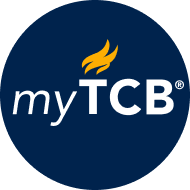
To help CHRO get ahead of disruptive change, we provide a look at the likely human capital trends in 2024, based on our work with many of Europe’s leading multinationals, as well as writings of thought leaders in the field. We identify the following actions that CHROs and their teams should prioritize in 2024.

myTCB® Members get exclusive access to webcasts, publications, data and analysis, plus discounts to events.
